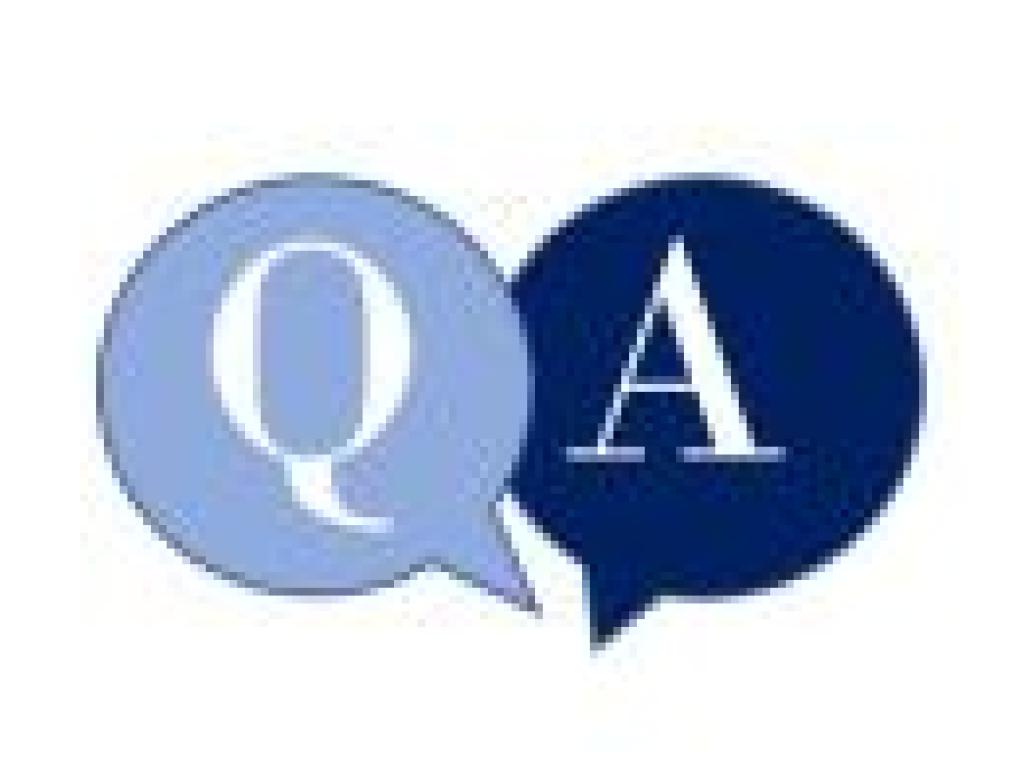Interview with Dr Jean Tesche


She is fluent in Russian and Bosnian/Serbian/Croatian, as well as French which will provide invaluable support to Francophone countries in aspects related to tobacco tax modelling, tax administration and illicit trade.
We had an opportunity to ask her some questions about what impacts she thinks the WHO FCTC can make, and found out what surprised her when she first started studying the economic impact of tobacco taxes. We were also keen to find out what she believes the greatest challenges might be, for countries implementing higher excise taxes.
Q1: REEP: Jean, please tell us a bit about your background in tobacco control.
A1: JT: I’ve been working on tax policy, admin and modelling for 25 years in a number of countries. In 2012 I had the opportunity to work on tobacco taxes at the World Bank. Many of the issues are the same, but excise taxes are not considered a priority for many countries because the revenues are much smaller than those from income and value added taxes. Like many Ministries of Finance, I also assumed that tobacco taxes were a short to medium term revenue source because as tax rates went up and consumption fell, revenues would as well. I have been surprised to see that, if anything, they are a medium to longer term source of revenue. Some countries, the UK for example or South Africa until recent years, have been increasing tax rates over many years and revenues are still increasing or level. We have yet to see the desired high enough fall in consumption that will negatively affect revenues in the vast majority of countries. I have also enjoyed studying other economic impacts such as potential effects on tobacco farmers and employment.
| IT WAS INTERESTING TO LEARN THAT TOBACCO EXCISE TAXES ARE A MORE COMPLEX ISSUE GIVEN THE NEGATIVE HEALTH IMPACTS AND MUCH HIGHER HEALTH CARE COSTS FROM SMOKING. |
Q2: REEP: From your experience, what has been the greatest contribution of the WHO FCTC?
A2: JT: I would say the broad scope—that it covers all aspects of tobacco control—and the number of countries (181 Parties) that have ratified. These characteristics make it a powerful instrument in the fight to improve health through tobacco control.
Q3: REEP: What role do international organisations play in advancing tobacco control?
Q3: JT: Since the FCTC is a health treaty, the WHO plays a major role, along with hosting the FCTC Secretariat. They play a vital role in monitoring, with the biannual Global Tobacco Control Report, for example, in research and country work on all aspects of the FCTC. Their country offices and close relationships with Ministries of Health has played an important role in country work.
The World Bank has also played an important role in research and country work. The IMF has played a smaller role, even though they are the main international institution working on taxation, particularly of tax administration. This may be partly due to the small role tobacco excise taxes play in many countries total tax revenue, especially in higher-income countries.
Q4: REEP: What are the biggest obstacles faced by countries in implementing higher excise taxes?
A4: JT: In my experience, the initial response of many Ministries of Finance is that they do not believe that revenues could increase as rates go up and consumption falls. With more evidence, they have been more willing to increase taxes.
As an example, I have lived and worked in Sarajevo, Bosnia and Herzegovina for much of the past 20 years. They have extremely high smoking prevalence, but the State Parliament managed to pass a tobacco tax increase that goes up every year until they reach the EU minimum. The government found that it liked that source of revenue, so the increases have, so far, always gone through.
| THE GOVERNMENT FOUND THAT IT LIKED [THE TOBACCO TAX] SOURCE OF REVENUE, SO THE INCREASES HAVE, SO FAR, ALWAYS GONE THROUGH… |
So, with less resistance from Ministries of Finance, other Ministries like Agriculture or Industry are sometimes opposed in the name of job preservation. The role of tobacco industry interference is more apparent in many of these cases. Since the global tobacco supply is dominated by 4 multi-national companies, they have become very adept at influencing governments. In recent years the threat of increasing illicit trade has been a major industry argument against increasing tobacco taxes. Historically, and currently in some cases, the tobacco industry itself has been deeply involved with illegal cigarette sales.
Q5: REEP: Do low- and middle-income countries face different challenges in implementing better tax systems and higher excise taxes than high-income countries? And if so, in what way?
A5: JT: Clearly capacity constraints are a problem in poorer countries—including border controls. But we have many examples of low and middle-income countries which have successfully introduced not only better tax systems, but state of the art track and trace as in Kenya. Criminal groups, and sometimes the tobacco industry, which are mainly responsible for illicit trade are much better financed than many governments.
Capacity to do the research to make the arguments for better tobacco control measures is also an issue in many lower-income countries. For the few countries that grow commercial amounts of tobacco leaf, the need for alternative crops and market infrastructure is important.
Q6: REEP: The gold standard in terms of excise tax structures are uniform specific taxes, increased regularly to account for inflation and income growth. Why are so many countries still using tax systems that are inferior?
A6: JT: There are a number of reasons. One is tobacco industry policy. In general, their policy appears to be: minimize and/or delay tax increases. Specific taxes are easier to collect, and increase the prices of cheaper brands proportionally more. This decreases the gap between the most expensive and cheapest cigarettes. This is good from a health perspective. The choice of the tax base for ad valorem taxes also makes a big difference in tax revenues. For the West African Economic Monetary Union countries (WAEMU-UEMOA in French), the base is the import or ex-factory price. Since cigarettes do not cost much to produce, this is a very low base. The new WAEMU tobacco tax directive changes the rate to between 50 and 150%. Even 150% of a small base is small; it is very difficult to get to a high per cent of tax in the price with such a small base. Using the retail sales price is a better, higher, base, but is still easier to manipulate compared with specific taxes.
REEP: Thanks Jean, and welcome to the team!
